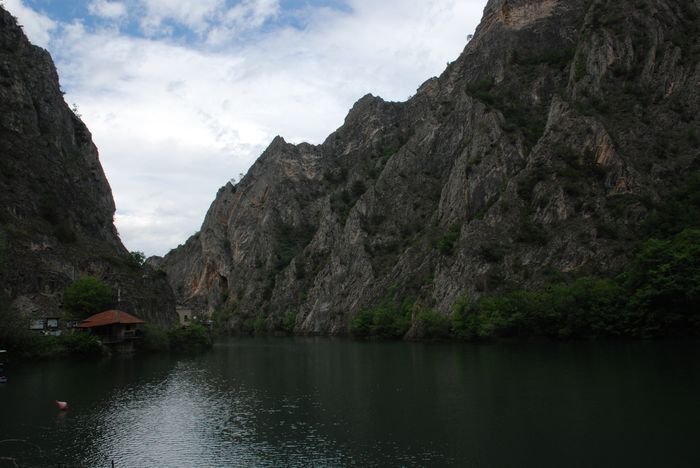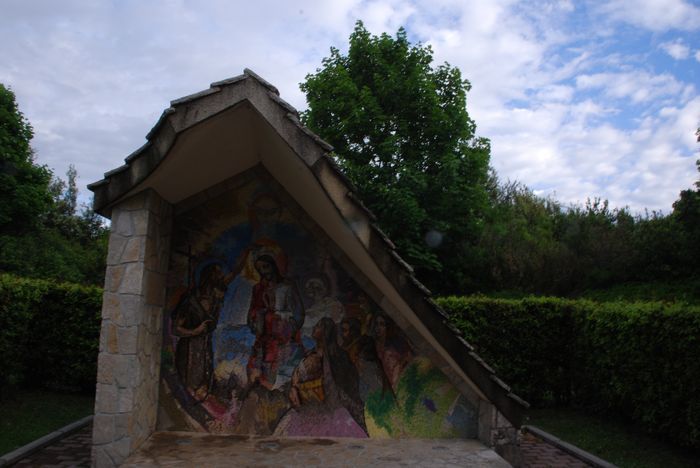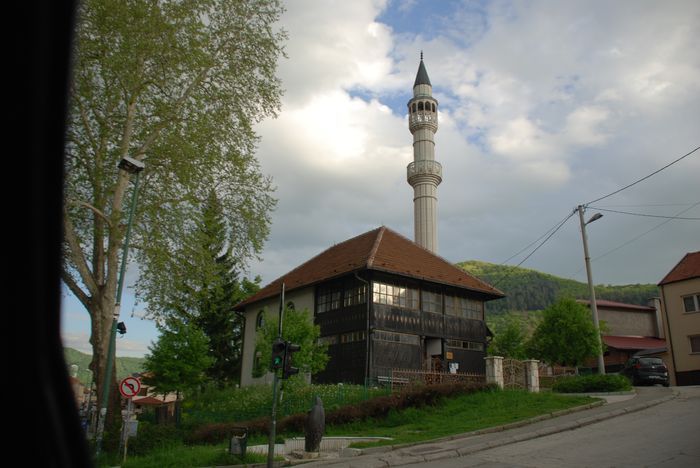The equality of taxes entailing equality of burdens, as equality of duties entails that of rights, Christian subjects, and those of other non-Mussulman sects, as it has been already decided, shall, as well as Mussulmans, be subject to the obligations of the Law of Recruitment. The principle of obtaining substitutes, or of purchasing exemption, shall be admitted. A complete law shall be published, with as little delay as possible, respecting the admission into and service in the army of Christian and other non-Mussulman subjects.
Proceedings shall be taken for a reform in the constitution of the provincial and communal councils, in order to insure fairness in the choice of the deputies of the Mussulman, Christian, and other communities, and freedom of voting in the councils. My Sublime Porte will take into consideration the adoption of the most effectual means for ascertaining exactly and for controlling the result of the deliberations of the decisions arrived at.
As the laws regulating the purchase, sale, and disposal of real property are common to all the subjects of my Empire, it shall be lawful for foreigners to possess landed property in my dominions, conforming themselves to the laws and police regulations, and bearing the same charges as the native inhabitants, and after arrangements have been come to with foreign powers.
Distinction of class or of religion
The taxes are to be levied under the same denomination from all the subjects of my Empire, without distinction of class or of religion. The most prompt and energetic means for remedying the abuses in collecting the taxes, and especially the tithes, shall be considered. The system of direct collection shall gradually, and as soon as possible, be substituted for the plan of farming, in all the branches of the revenues of the State. As long as the present system remains in force, all agents of the government and all members of the Medjlis shall be forbidden, under the severest penalties, to become lessees of any farming contracts which are announced for public competition, or to have any beneficial interest in carrying them out. The local taxes shall, as far as possible, be so imposed as not to affect the sources of production, or to hinder the progress of internal commerce.
Works of public utility shall receive a suitable endowment, part of which shall be raised from private and special taxes, levied in the provinces which shall have the benefit of the advantages arising from the establishment of ways of communication by land and sea.
Scrupulously observed
A special law having been already passed, which declares that the budget of the revenue and expenditure of* the State shall be drawn up and made known every year, the said law shall be most scrupulously observed. Proceedings shall be taken for revising the emoluments attached to each office.
The heads of each community and a delegate, designated by my Sublime Porte, shall be summoned to take part in the deliberations of the Supreme Council of Justice on all occasions which might interest the generality of the subjects of my Empire. They shall be summoned specially for this purpose by my Grand Vizier. The delegates shall hold office for one year; they shall be sworn on entering upon their duties. All the members of the Council, at the ordinary and extraordinary meetings, shall freely give then opinions and their votes, and no one shall ever annoy them on this aiccount.
The laws against corruption, extortion, or malversation shall apply, according to the legal forms, to all the subjects of my Empire, whatever maj be their class and tne nature of their duties.
Steps shall be taken for the formation of banks and other similar institutions, so as to effect a reform in the monetary and financial system, as well as to create funds to be employed in augmenting the sources of the material wealth of my Empire bulgaria private tours.
Steps shall also be taken for the formation of roads and canals to increase the facilities of communication and increase the sources of the wealth of the country. Ever}” thing that can impede commerce or agriculture shall be abolished. To accomplish these objects, means shall be sought to profit by the science, the art, and the funds of Europe, and thus gradually to execute them.
_ Such being my wishes and my commands, you, who are my Grand Vizier, will, according to custom, cause this Imperial Firman to be published in my Capital, and in all parts of my Empire; and you will watch attentively and take all the necessary measures that all the orders which it contains be henceforth carried out with the most rigorous punctuality.
The Hatti Humayoun was communicated by the Sultan to the representatives of Great Britain, France, Austria, Russia, Sardinia, and Turkey, who met, in February, 1856, to form the Treaty of Paris. The following is an extract from the Treaty: —
Imperial Majesty the Sultan
“NINTH ARTICLE. —His Imperial Majesty the Sultan having, in his constant solicitude for the welfare of his subjects, issued a Firman, which, while ameliorating their condition, without distinction of religion or race, records his generous intentions towards the Christian population of his Empire; and wishing to give a further proof of his sentiments in that respect, has resolved to communicate to the Contracting Parties the said Firman emanating spontaneously from his sovereign will.
“ The Contracting Powers recognize the high value of this communication. It is clearly understood that it cannot in any case give to said Powers the right to interfere, either collectively or separately, in the relations of His Majesty the Sultan with his subjects, nor in the internal administration of his Empire.”









